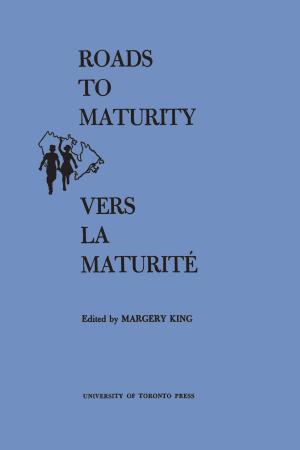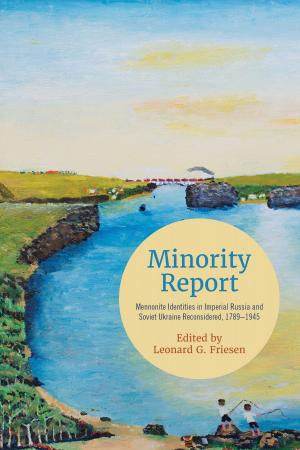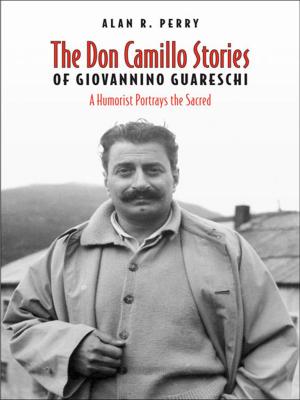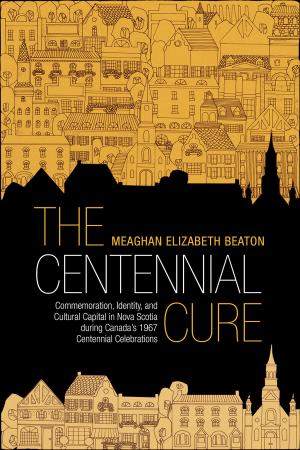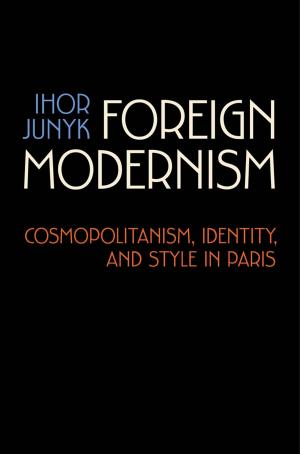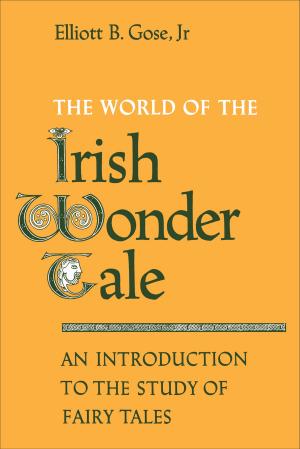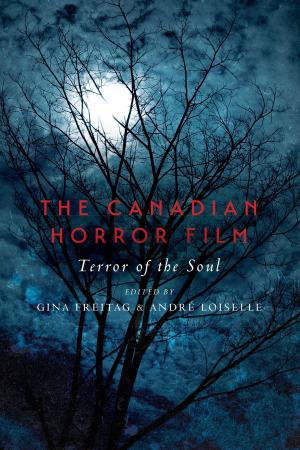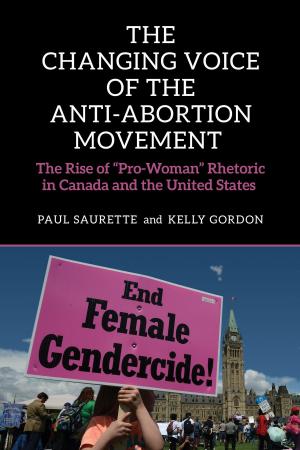Russian Literature, 1995-2002
On the Threshold of a New Millennium
Fiction & Literature, Literary Theory & Criticism, European, Eastern European, Russian| Author: | Norman Shneidman | ISBN: | 9781442656086 |
| Publisher: | University of Toronto Press, Scholarly Publishing Division | Publication: | December 15, 2004 |
| Imprint: | Language: | English |
| Author: | Norman Shneidman |
| ISBN: | 9781442656086 |
| Publisher: | University of Toronto Press, Scholarly Publishing Division |
| Publication: | December 15, 2004 |
| Imprint: | |
| Language: | English |
Writers have a difficult time making a living in contemporary Russia. Market-driven publishing companies have pushed serious domestic prose to the fringes of their output and few people have money to buy books. The disintegration of the Soviet Union in 1991 led Russian society to become polarized between an increasingly prosperous minority and a very poor majority. This divide is also mirrored within the writing community, with some writers supporting conservative, nationalist pro-Soviet thinking, and others, liberal, democratic, pro-Western thought.
N.N. Shneidman, in the tradition of his previous volumes – Soviet Literature in the 1970s; Soviet Literature in the 1980s; Russian Literature, 1988-1994 – investigates the Russian literary scene with special emphasis on the relationship between thematic substance and the artistic quality of recently published prose. Despite the many challenges besetting it, Shneidman argues convincingly that literary activity in Russia continues to be dynamic and vibrant. The future development of Russian literature may depend on general economic, political, and social factors, but a new generation of talented writers is fast moving past older forms of ideology and embracing new ways of thinking about Russia.
Writers have a difficult time making a living in contemporary Russia. Market-driven publishing companies have pushed serious domestic prose to the fringes of their output and few people have money to buy books. The disintegration of the Soviet Union in 1991 led Russian society to become polarized between an increasingly prosperous minority and a very poor majority. This divide is also mirrored within the writing community, with some writers supporting conservative, nationalist pro-Soviet thinking, and others, liberal, democratic, pro-Western thought.
N.N. Shneidman, in the tradition of his previous volumes – Soviet Literature in the 1970s; Soviet Literature in the 1980s; Russian Literature, 1988-1994 – investigates the Russian literary scene with special emphasis on the relationship between thematic substance and the artistic quality of recently published prose. Despite the many challenges besetting it, Shneidman argues convincingly that literary activity in Russia continues to be dynamic and vibrant. The future development of Russian literature may depend on general economic, political, and social factors, but a new generation of talented writers is fast moving past older forms of ideology and embracing new ways of thinking about Russia.


